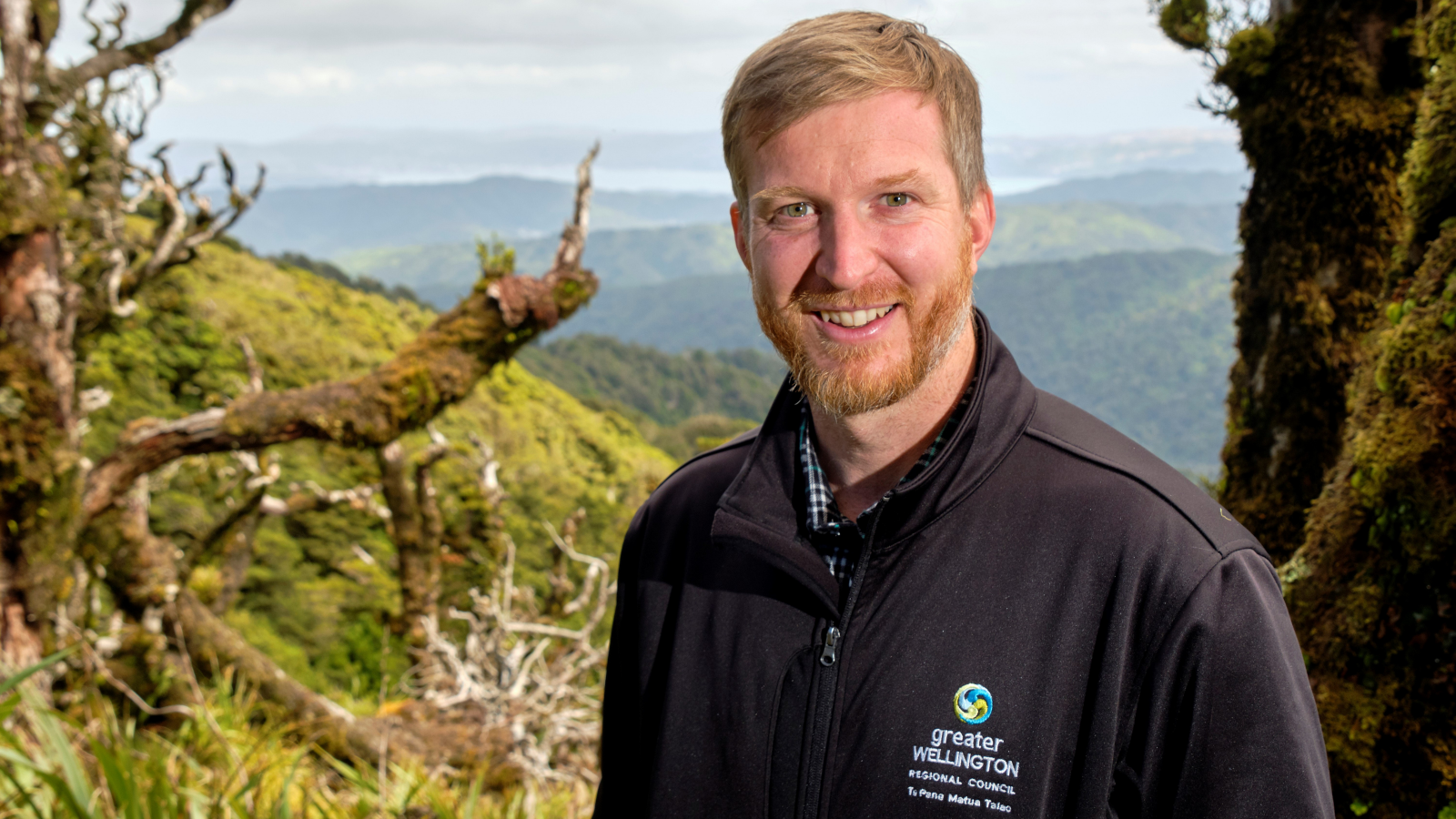
Oh, and he contributed to a Nobel Peace Prize.
His first direct involvement in politics came at the age of 15, when he had the chance to go to France to protest their programme of nuclear testing in 1995, with a group of students and others such as Sir Tim Shadbolt. “It was an incredible experience.”
Thomas completed his final high school year in France, then returned to study in Wellington, knowing the University had a good reputation for its political science and languages programmes. He completed a combined Bachelor of Arts with Honours in political science and French and got the first job he applied for.
This happened to be as the executive assistant for the late Clive Pearson, the New Zealand Ambassador for Disarmament at the NZ Permanent Mission to the United Nations in Geneva at the time. The job gave him a valuable grounding in administration work, logistics, and organisation, as well as exposing him to policy work, negotiation work, and diplomacy.
“I know now that you can have the best grip of political theory, but you can’t get an organisation off the ground or campaign running without a concept of how organisations work. Things like budgets, project proposals, planning, how to run a meeting.”
While in Geneva, he was inspired by people involved with International Campaign to Ban Landmines and when he moved to Canada he went on to work for its Canadian branch, helping to coordinate a new campaign focused on cluster bomb disarmament.
This saw Thomas lead an international campaign including 400 organisations in 100 countries to get a new treaty to ban cluster bombs, which was ratified in 2010. “It was hugely challenging, entertaining, and amazing. But exhausting, and something I couldn’t do now—when you are in your twenties you have that endless energy.”
As this effort ramped up, he moved to London for a decade, and founded the humanitarian think-tank Article 36 alongside Richard Moyes, a Fellow at the University of Exeter. Article 36’s involvement in the International Campaign to Abolish Nuclear Weapons contributed to the global campaign winning the Nobel Peace Prize, in 2017.
“I feel proud of my part in what we achieved, developing the strategy that directly resulted in the development of the international treaty to prohibit nuclear weapons, which saw the campaign win the award.”
Back in New Zealand, his first involvement in electoral politics was running for Parliament as a Green Party candidate in Palmerston North. This experience precipitated a focus on work towards environmental, economic and social change. “I became more radicalised on climate change after returning to New Zealand and, thanks to Wellington city councillor Iona Pannett and others, I realised regional and local government have several climate triggers at their disposal.
“I was pleased to be elected to a role as a regional councillor in 2019, and also to be appointed chair of the new Greater Wellington Climate Committee.” Associate Professor Maria Bargh from Te Kawa a Māui is an appointed member of the committee.
At University, Thomas recalls Political Science Professor Margaret Clark influencing his approach to thinking—“not so much what I thought, but how I thought”. Rod Alley was another influence, with his work on disarmament. He was also taught by Ralph Pettman, who equipped him with possibly the most valuable lesson of all—how to write a one-pager.
“You had to do a reading every week and write a briefing paper on the reading. The combination of all of these was 40 percent of your mark for that course. The number of one-pagers I’ve written in my life so far—so many.”
Thomas set up foreign policy think-tank New Zealand Alternative in 2018, alongside several other young public intellectuals such as Max Harris, author of The New Zealand Project.
“I would say this to people who are wanting career advice—do stuff with people you get along with, who you share similar values with. You could work in a ‘dream job’ but if you aren’t with the right people, you might just be miserable.
“The key is to focus on relationships—being able to understand people, put yourself in their shoes, and build relationships and trust is so important.”
